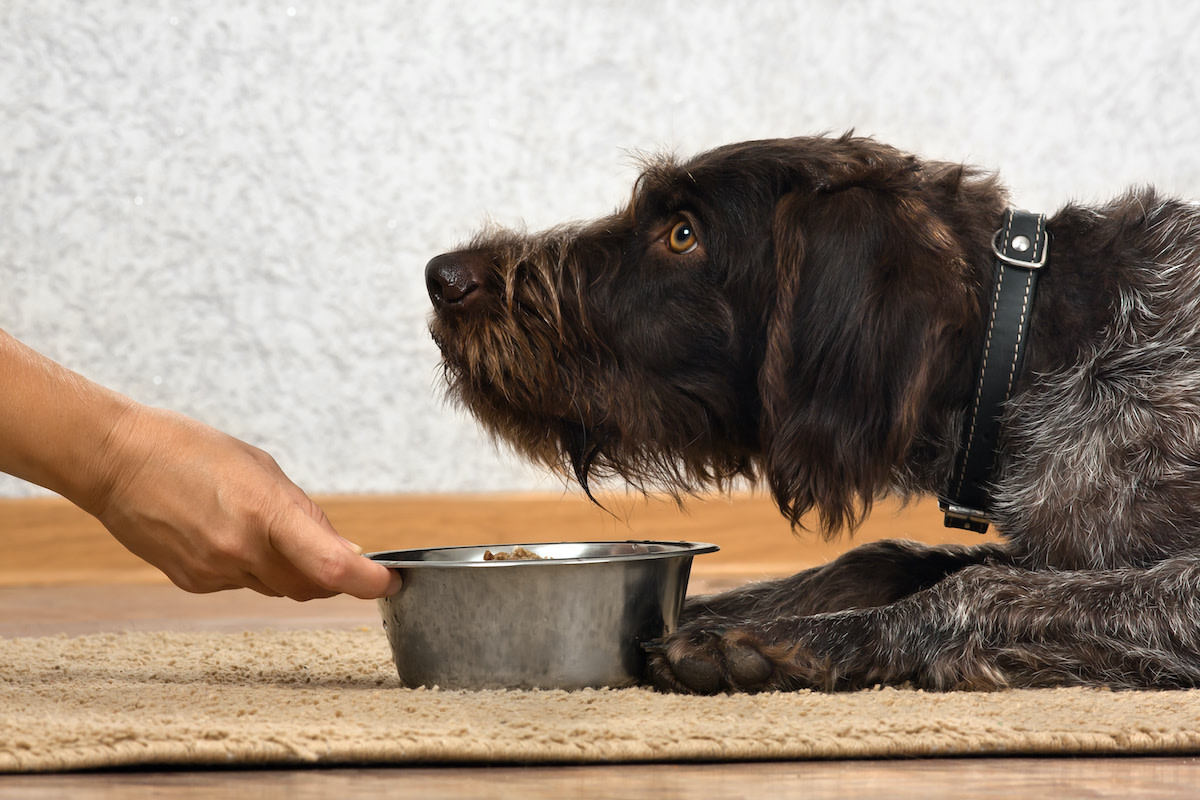Can Dogs Have Flaxseed? Flaxseed Benefits and Risks for Dogs
Written by MasterClass
Last updated: Mar 24, 2022 • 3 min read
Dogs can have flaxseed in small amounts to benefit from their nutritional benefits; however, too much flaxseed can be dangerous for their health. Read on to learn the connection between flaxseed consumption and dog health
Learn From the Best
What Is Flaxseed?
Flaxseeds, or linseeds, are the seeds from a flowering ground flax plant. Egyptian farmers originally grew the plant in the Nile Valley to use for fibers and textiles. However, the plant’s seeds are also a good source of dietary fiber and omega fatty acids. Flaxseeds and ground flaxseed eventually transitioned into global food staples; yet, it’s worth noting flaxseed contains traces of natural cyanide, which can be toxic in large quantities.
Can Dogs Have Flaxseed?
Dogs can benefit from small portions of flaxseed or flax oil in their pet food. For example, dog owners can use flaxseed to boost the nutritional value of commercial or homemade dog food or increase the fiber content in their pet's dog treats. Avoid feeding your pet more than one to two teaspoons per day since exceeding this dosage could lead to increased toxicity levels in your dog's body.
3 Health Benefits of Flaxseed for Dogs
Feeding your pet small and infrequent portions of flaxseed could provide them with nutritional benefits. Here are three health outcomes the food might contribute to in dogs:
- 1. Decreased inflammation: The omega-3 and omega-6 fatty acids in flaxseed and flaxseed oil, or flax oil, are necessary for joint health. These essential fatty acids have anti-inflammatory properties, which can reduce inflammation and pain in joints and ligaments, thereby improving the functionality of your dog's body as they age.
- 2. Healthy immune system: Flaxseed oil contains alpha-linolenic acid (ALA), which breaks down into two antioxidants—eicosapentaenoic acid (EPA) and docosahexaenoic acid (DHA)—in your pet’s body. Both EPA and DHA are chemicals that can help boost your dog's immune system, improve their skin, and maintain their coat of fur.
- 3. Improved digestion: Ground flaxseed is high in dietary fiber, something that’s necessary for your dog’s digestive health. A flaxseed supplement can also improve your dog's gut biome, help them maintain regular bowel movements, and enhance their overall health.
3 Health Risks of Flaxseed for Dogs
While flaxseed has potential health benefits for dogs, it presents a few risks, too. Consider these downsides to flaxseed before adding the supplement to your dog's diet:
- 1. Constipation: The high fiber content that makes flaxseed good for dogs can also cause constipation if your pet consumes too much at once. Whole flaxseeds and ground flax can accumulate in your dog's digestive tract and form a blockage, leading to constipation. To prevent this from happening, feed flaxseed sparingly and infrequently or use flax oil instead of ground flaxseed.
- 2. Flax poisoning: The flax plant produces trace amounts of cyanide. Although it is unlikely your dog will consume enough flaxseed to die from cyanide poisoning, your furry friend could still experience dangerous side effects. Common signs of cyanide poisoning include loose stools, rapid heart rate, and elevated blood pressure. Serve your dog small amounts and monitor them closely afterward for anything unusual.
- 3. Gastrointestinal upset: Spread servings of flaxseed out over time, especially if your dog has a sensitive stomach, and feed them only a little at a time. Excess flaxseed consumption can cause your dog to develop several gastrointestinal issues, including nausea, vomiting, and diarrhea. The latter two symptoms could lead to severe dehydration, so seek veterinarian help if either one persists.
Before Sharing With Your Pooch
Certain human foods can cause adverse reactions in canines, so always consult your veterinarian to determine whether it is safe to add these foods to your pet’s diet. This article is for educational and informational purposes and is not a substitute for medical or dietary advice.
Want to Learn More About Training the Goodest Boy or Girl?
Your dream of having a dog who understands words like “sit,” “stay,” “down,” and—crucially— “no” is just a MasterClass Annual Membership away. The only things you’ll need to train up a well-behaved pup are your laptop, a big bag of treats, and our exclusive instructional videos from superstar animal trainer Brandon McMillan.
